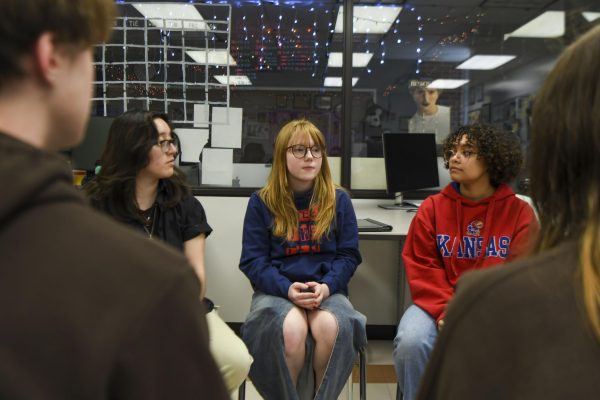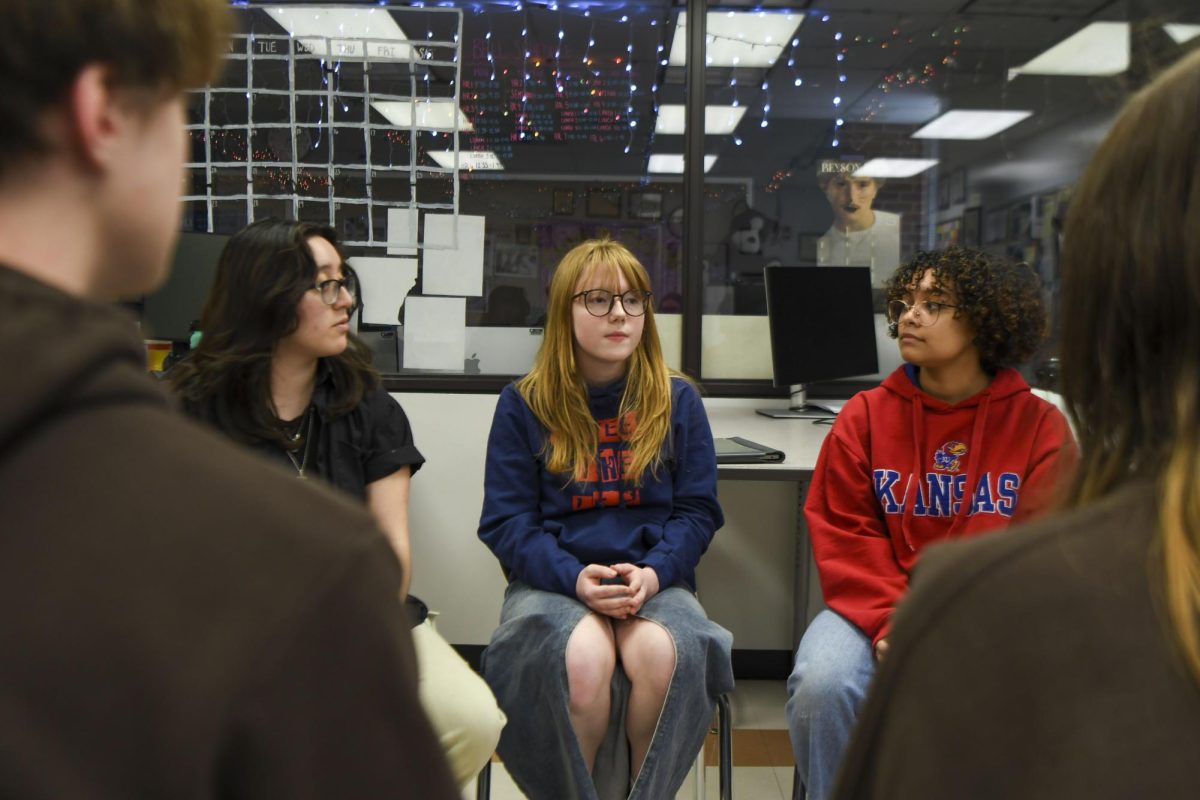Landmark legislation was passed in McPherson County, Kansas, two weeks ago making it the first unified school district in the nation to receive federal approval to repeal parts of the No Child Left Behind (NCLB) Act, which was enacted in 2001.
McPherson County was only able to repeal NCLB because more than 80 percent of its students have met standards for Adequate Yearly Progress (AYP), state and federal educational standards that school and district testing must meet. County officials then drafted and presented an alternative plan to Congress.
Since NCLB’s inception, public schools have been measured by standardized testing for all grades. Student performance on these tests determines the federal funding the school receives. Every NW student knows these: the hour-long tests over reading, math and English that haunt us every semester.
The worst part about the tests is that most of a school’s federal funding is dependent on making AYP. This encourages some teachers to “teach to the test,” making the curriculum only cover what is needed to pass AYP. Children, especially elementary school students, don’t understand how to apply what they learn, just how to answer basic test questions.
As an alternative to NCLB requirements, McPherson County is creating its own testing curriculum called C3: Citizenship, College and Career Readiness. I think this is a step in the right direction for Kansas and for education in general. Instead of a high school being tested as a whole, the C3 program is more focused on testing the progress of each student individually. The tests are authored by the nationally recognized ACT Corporation and assess how ready a student is for college or for a career. Three major tests comprise the college-ready portion: the EXPLORE test in eighth grade, the PLAN exam in 10th grade and the ACT before graduation.
The only misgiving I have about this idea is that it was also created to check a student’s “readiness to be a citizen,” and the school district is doing this with an Eight Keys of Citizenship system. The Eight Keys of Citizenship was created by the Learning Forum International, which is a nonprofit organization that creates seminars and camps to help with students’ leadership and promote citizenship. It gauges a student’s readiness using eight different criteria, like the ability to “learn from mistakes” and to “make the most of every moment.”
It really shouldn’t be a school’s job to determine whether a person is an outstanding citizen. I don’t think I want the Shawnee Mission School District judging whether I am fit to be a part of my community. And, I worry about how these criteria would be monitored. How does the district keep track of my personal life? When is my personal life out of the school’s jurisdiction and when is it not? Perhaps moral monitoring would work for a smaller district like McPherson, but significant increases in counselors and funding would probably be needed to personally observe students in larger districts. Cut out the citizenship part of the plan, and I would back it wholeheartedly.
McPherson’s C3 plan prepares students for college and the real world, instead of making sure they are just “adequate” and able to mindlessly recite facts, wholly disconnected from their lives and the real world. With the changes, teachers won’t have to “teach to the test” and will have more time to cover topics in more detail. Students truly won’t fall behind because they are being tested as a person, not as a school. However, with an individual focus comes the need for more people to check on individual progress and ensure the needed level of improvement.
The McPherson school district is just rolling out this system, and the tests are scheduled to be administered before the end of this school year. Only then will we know if this system works as well as, or better than, NCLB. Even though there are still some unanswered questions, I believe C3 will help students who need assistance in a genuine way and truly ensure that no one is left behind.

















